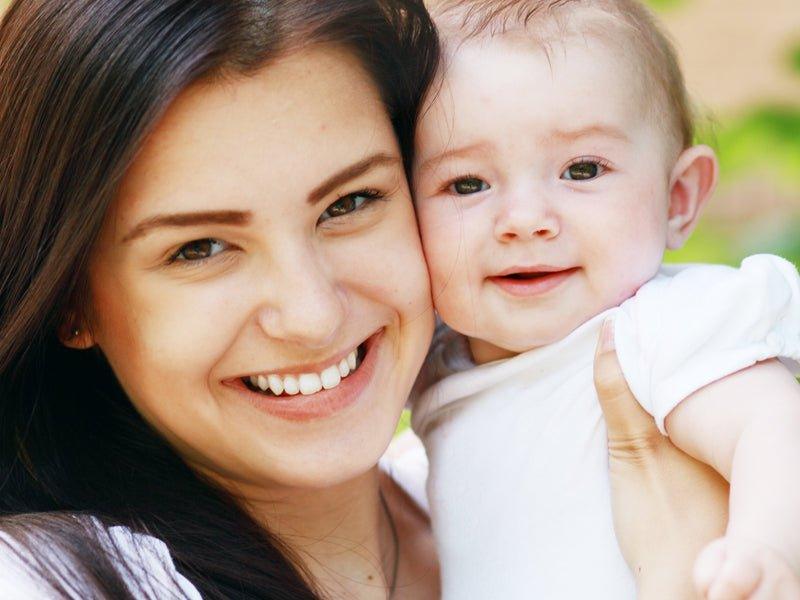The adjustment to being a new parent is dramatic and almost no parent is fully prepared for the transition. Then just as you begin to find your equilibrium again (albeit a new equilibrium) the question arises over when the best time is to have another baby.
When it comes to siblings here are the most common questions:
What is the perfect age gap?
As with any parenting question - there is no perfect science and every family is different. There are however some things to consider:- A very small gap (less than 20 months) is very hard on mom as you are still recovering physically from childbirth and are bound to still be sleep deprived and tried.
- A very large gap (more than 4 years) means that your little ones may not connect as friends, particularly in the preschool years.
- A gap of 3 years is a good gap – your toddler will understand the arrival of the new baby and you will have more reserves to cope with the new baby.
Reasons to delay:
- Your baby is a baby and toddler for so short and in reality those baby days are gone before you know it. But nothing ‘grows a baby up’ quicker than the birth of a sibling. The night before your new baby is born, you will kiss your toddler goodnight and he will seem so little. The next night you will marvel at how big his hands look and how grown up he is and you will automatically expect more from him.
- Gaps smaller than two years old are difficult for your older child as he is forced to share you before he is really ready.
- Two children in nappies is really a lot of work. Toddlers need a huge amount of patience and care and when there is a newborn demanding your time, you will be exhausted.
- The pressure on a marriage of two small kids is immense. The smaller the gap the more tired you are and the more demands will be made on your marriage.
Reasons to go for it:
- The gap between your children will have a bearing on how likely they are to be friends and good company for each other. More than three years between children and they are not really contempories anymore. The gap becomes too big.
- You may be advised to fall pregnant quickly if you have difficulties falling pregnant.
Coping with two little ones’ sleep requirements
- Managing two little ones’ sleeps presents a new set of challenges as each has very different sleep needs. Consider the following for your two little ones:
- Your older toddler, will probably only be having one sleep a day over midday and should be in bed by 7pm latest. The midday sleep takes priority over everyone else’s day sleeps, because if you rock a toddler’s day sleeps, you will loose the day sleep battle very quickly. So above all, ensure you are available to settle your toddler to sleep for his day sleep.
- Your new baby should follow the ‘Awake time’ appropriate for her age. If her day sleep time coincides with the start of the toddler’s day sleep, put your toddler to sleep first, then the new baby. However, evening bedtime for the younger baby is more critical than the toddler’s bedtime. So stick carefully to a calming bedtime for your younger baby as little ones are more likely to become unsettled and colicky in the evening than toddlers.
To share or not to share a room?
Usually the decision of where your babies sleep is governed by accommodation in your home. If you only have one extra room, clearly the decision is made. If however you have more space and can’t decide use these principles:- If you have two good sleepers, sharing a room is a great idea in the early years – children derive comfort from having company at night.
- If your toddler is a deep sleeper there is no harm in having your baby sleep in his room from early on.
- If either baby is a sensitive baby and sleeps lightly, you will probably find that you have double trouble if the other child wakes.
What does make a difference?
To ease the transition for you and your babies:- Avoid too small a gap
- Spend one on one time with your toddler sometime in the day, he will need the emotional reserves as he learns to cope with your divided attention
- Get a sling or baby carrier so your hands can be free to care for your older child
- Be rigid over toddler day sleeps to prevent your older child from being unplayable in the late afternoon
- Get help for the evening times so that you can give your new baby undivided attention in the evening before bed – a time when she is likely to be unsettled.








